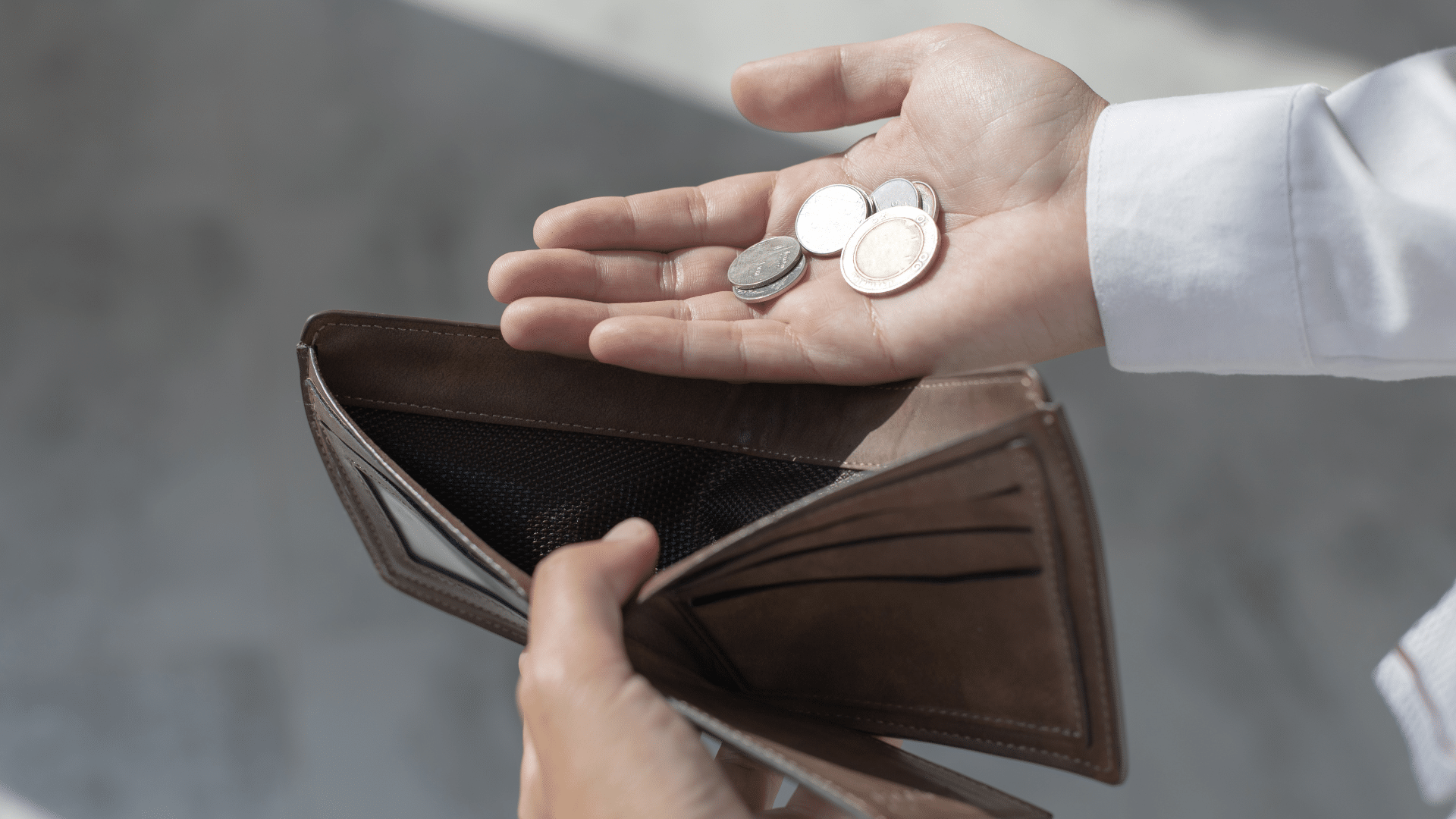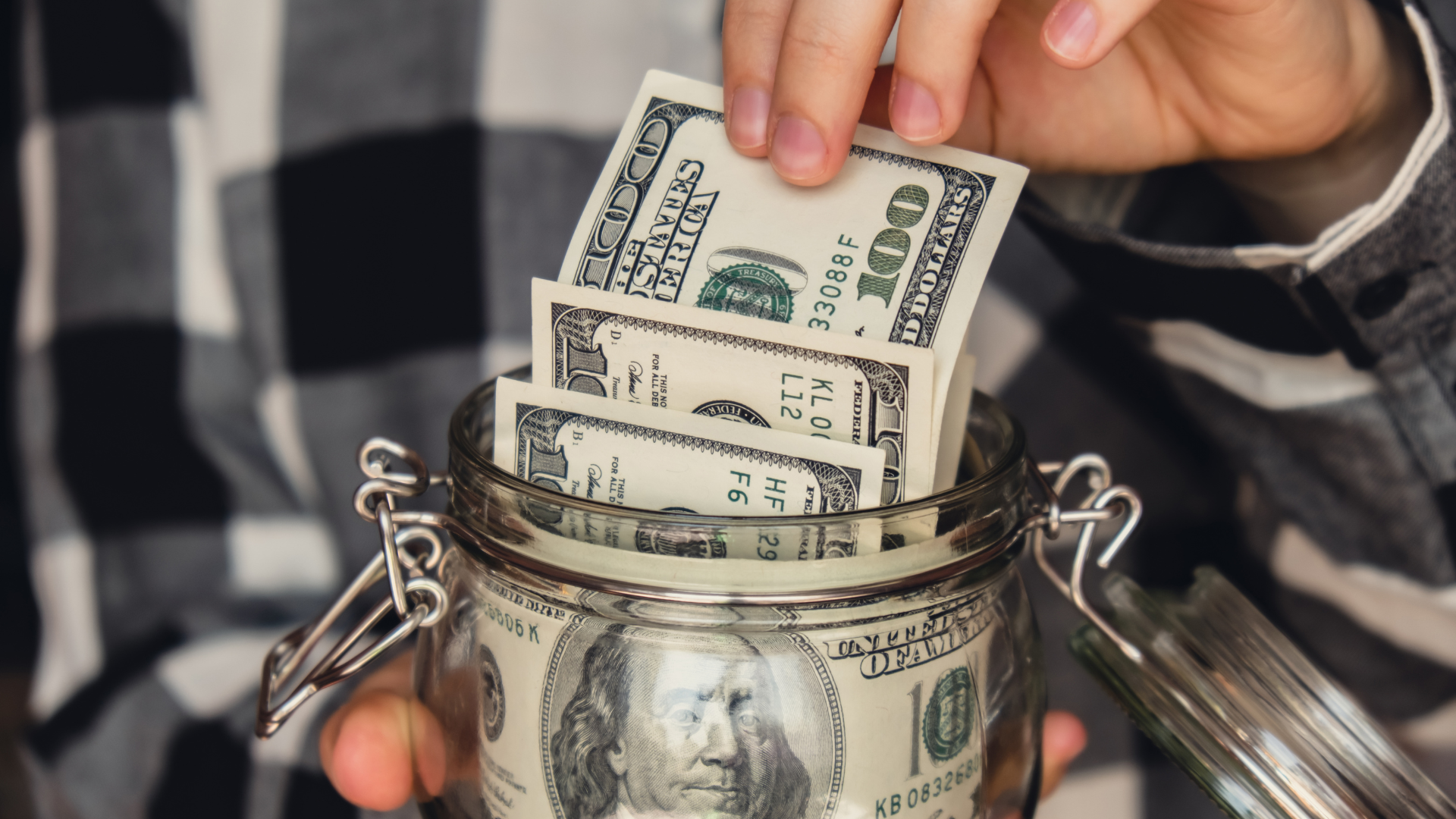Unclaimed Money: A Hidden Investment Opportunity


Unclaimed money is often overlooked but it’s a hidden gem in the world of finance. It’s a chance for smart investors to grow their wealth and secure their future. From forgotten bank accounts to unclaimed life insurance policies, this money is waiting to be found.
Contents
ToggleIt’s a treasure trove of potential investments that can boost your net worth and investment portfolio. By exploring unclaimed money, you could make a big difference in your financial life.
Key Takeaways
- Unclaimed money represents a vast and often overlooked investment opportunity for individuals seeking to grow their assets.
- Unclaimed assets can come in various forms, including forgotten bank accounts, unclaimed life insurance policies, and abandoned retirement accounts.
- Locating and claiming unclaimed money requires research and persistence, but can yield significant returns for those willing to put in the effort.
- Investing unclaimed money can diversify one’s portfolio and provide long-term growth, but individuals should be mindful of the potential tax implications and risks involved.
- Successful case studies and examples demonstrate the power of unclaimed money as a means to build wealth and achieve financial security.
Understanding Unclaimed Money
Unclaimed money is money that people have forgotten or lost. It can be things like money in bank accounts, investments, or even life insurance payouts. In the U.S., there’s a lot of money waiting for its owners or their families.
What is Unclaimed Money?
Unclaimed money is money that people haven’t touched for a long time. It can be many things, like bank accounts, investment accounts, life insurance policies, uncashed paychecks, and forgotten safe deposit boxes. If people don’t claim these, they go to the state for safekeeping.
Types of Unclaimed Assets
There are many kinds of unclaimed assets. Here are some:
- Bank accounts – These are accounts that haven’t been used in a while.
- Investment accounts – These are accounts that have been left untouched.
- Life insurance policies – These are payouts that haven’t been claimed because the people who were supposed to get them didn’t know about them.
- Uncashed checks – These are checks that were never cashed, like paychecks or tax refunds.
- Safe deposit boxes – These are boxes in banks that people forgot about and left behind. They can have valuable things inside.
- Utility deposits – These are deposits that people left when they stopped using a service.
- Inheritances – These are things that people got but never claimed.
These unclaimed assets can be worth a lot of money. It’s important for people to know they might be able to get this money back.
| Type of Unclaimed Asset | Description |
|---|---|
| Bank Accounts | These are accounts that haven’t been used in a while. |
| Investment Accounts | These are accounts that have been left untouched. |
| Life Insurance Policies | These are payouts that haven’t been claimed because the people who were supposed to get them didn’t know about them. |
| Uncashed Checks | These are checks that were never cashed, like paychecks or tax refunds. |
| Safe Deposit Boxes | These are boxes in banks that people forgot about and left behind. They can have valuable things inside. |
| Utility Deposits | These are deposits that people left when they stopped using a service. |
| Inheritances | These are things that people got but never claimed. |
Money & Assets
Building wealth and financial security starts with knowing the different types of money and assets you can own. Assets are anything of value you have. They can be cash, investments, real estate, or even intellectual property.
Understanding net worth is key. It’s the total value of your assets minus your debts. Knowing your net worth shows your financial health and helps set goals.
Common assets include cash and savings accounts, as well as investments like stocks and bonds. These can be in accounts like 401(k)s or IRAs. Real estate, like your home or investment properties, is also an asset.
Intangible assets, like patents and trademarks, add to your net worth too. They’re not physical but can be very valuable, especially for entrepreneurs.
Not all assets are the same. Cash and bonds are easy to turn into cash quickly. But real estate or collectibles might take longer. Knowing how easy it is to sell your assets is key for your financial plans.
Having a mix of assets can help you reach your financial goals. Whether it’s for retirement, a home, or your child’s education. By understanding the different types of money and assets, you can make better choices for your future.
| Asset Type | Examples | Characteristics |
|---|---|---|
| Cash and Cash Equivalents | Savings accounts, money market funds, checking accounts | Highly liquid, low risk, low returns |
| Investments | Stocks, bonds, mutual funds, ETFs, real estate | Varying levels of risk and potential for growth |
| Intangible Assets | Patents, trademarks, copyrights, intellectual property | Not physical in nature, but can have significant value |
| Personal Assets | Primary residence, vehicles, collectibles | May appreciate or depreciate in value over time |
Locating Unclaimed Money
Finding forgotten assets and unclaimed money can be a big financial win. But, it might seem hard to start. Luckily, there are many resources to help you find and get back your unclaimed property.
State-Run Unclaimed Property Databases
Most U.S. states have databases for unclaimed property. Businesses and groups must report any assets left behind. These databases are a great place to start looking for your unclaimed money or items. Just visit your state’s unclaimed property website and search to see if you have any forgotten funds or valuables.
Third-Party Search Services
There are also third-party services that can aid in finding your unclaimed assets. These services check many databases, including those from the U.S. government and private groups. Using these services can help you find financial assets, business assets, life insurance policies, CDs, patents, and other intangible assets you might have forgotten about.
Whether you search state databases or use third-party services, being persistent is key. Unclaimed money and assets can be a big financial gain. Taking the time to look for and claim these assets can really help your finances in the future.
Claiming Your Unclaimed Assets
Unclaimed money and assets can be a treasure waiting to be found. Claiming these forgotten financial assets might seem hard, but it can be rewarding with the right help. We’ll look at how you can get back what’s yours in this section.
Initiating the Claim Process
To start claiming your unclaimed assets, first find out where they are. Many states have unclaimed property databases for you to search. You can also use third-party services to help find these lost financial assets.
- Collect all needed documents like ID, proof of ownership, and any papers about the unclaimed property.
- Fill out a claim form and send it to the right state agency or service, following their rules carefully.
- Be ready to wait for a while as processing can take weeks or even months.
Overcoming Potential Challenges
Claiming unclaimed assets is usually easy, but you might face some hurdles. Common issues include:
- Difficulty with the needed documents
- Disputes over who owns the property
- Delays in getting your claim approved
Stay persistent and careful, and you can overcome these challenges. Remember, the unclaimed property is yours, and you can get it back with the right steps.
Getting back your unclaimed assets can feel great, both in your wallet and your heart. By understanding the claim process and tackling any hurdles, you can find a hidden source of financial assets. This can help your overall wealth and happiness.
Investing Unclaimed Money
Unclaimed money can be a chance to grow your wealth. By investing it wisely, you can spread out your investments. This helps you build wealth and secure your financial future.
Diversifying Your Portfolio
Investing unclaimed money means spreading it out. Don’t put everything in one place. Think about mixing stocks, bonds, mutual funds, and more. This can lower your risk and keep your portfolio balanced through market ups and downs.
Consider putting some of your money in index funds. They follow the market’s performance without actively trying to beat it. Or, look into real estate investment trusts (REITs). They let you invest in real estate and can give you regular income.
Long-Term Growth Strategies
Unclaimed money can also be used for long-term growth. Investing in employer-sponsored retirement plans like 401(k)s or IRAs is a good idea. These plans grow with tax benefits and might get employer matches.
Another way is to go for index funds and exchange-traded funds (ETFs) that mirror the market, like the S&P 500. These funds are easy to manage and have shown strong long-term growth. They’re great for growing your unclaimed money over time.
By spreading out your investments and focusing on long-term growth, you can make the most of your unclaimed money. This can help you reach your financial goals.
Tax Implications of Unclaimed Money
Unclaimed money can have big tax implications. It’s important to know how it affects your taxes before you claim it. Understanding the tax rules is key.
Some unclaimed assets have special tax benefits. For instance, money from a life insurance policy might not be taxed. Also, unclaimed retirement accounts like 401(k)s or IRAs can grow without taxes until you withdraw them.
But, unclaimed cash or cash equivalents like old bank accounts or forgotten paychecks are taxed as regular income. You must report them on your taxes and work with a tax expert to follow the law.
Claiming unclaimed money can also affect your taxes. Some states tax the money you get back, while others might not. It’s important to know your state’s rules to handle taxes right.
The tax rules for unclaimed money are complex and depend on the asset type, your finances, and your state’s laws. Talking to a tax expert can help you make smart choices. They can help you get the most from your unclaimed assets while keeping your taxes low.
Risks and Considerations
Looking for unclaimed money can be tempting but requires caution. Be aware of the risks and considerations. One big worry is fraudulent claims and scams.
Some people might try to trick others by saying they can help find unclaimed assets. These scams can be sneaky, like charging high fees for nothing or stealing your personal info. Always check if a service is legit before working with them to avoid scams.
Identifying and Avoiding Fraudulent Claims
- Watch out for anyone who wants you to make a quick decision or promises too much unclaimed money.
- Make sure any service provider is legit and has a good history. Check if they’re allowed to work in your area.
- Don’t give out personal or financial details to anyone without a good reason.
- Talk to trusted financial experts or government agencies to check if a unclaimed property claim is real before you act.
Being careful and thorough can help you avoid fraudulent claims and scams. Always put your financial safety first when dealing with unclaimed money.
Success Stories and Examples
Unclaimed money can be a hidden chance to grow your wealth. This section will look at real-life stories of people who found and used their forgotten assets. They show how it can change their financial lives for the better.
Meet Sarah Johnson, a retired teacher from California. She searched hard and found an unclaimed life insurance policy worth over $25,000 from a past job. This money helped her pay off her mortgage and increase her retirement savings. It gave her financial peace and security.
Michael Rodriguez, a small business owner in Texas, also had a success story. He found unclaimed business assets, like an old patent and unpaid royalties, worth over $50,000. He used this to buy new equipment, grow his business, and create more jobs in his community.
| Name | Location | Unclaimed Asset | Value | Impact |
|---|---|---|---|---|
| Sarah Johnson | California | Life Insurance Policy | $25,000 | Paid off mortgage, bolstered retirement savings |
| Michael Rodriguez | Texas | Business Assets (Patent, Royalties) | $50,000 | Invested in new equipment, expanded operations, created more jobs |
These stories show how unclaimed money can change lives. Whether it’s personal or business assets, finding what’s yours can improve your finances. It can help you invest in your future and make a difference in your community. These tales inspire others to look for their own unclaimed money and seize the chance for financial success.
Conclusion
In this article, we’ve looked into the hidden chance to invest in unclaimed money and assets. We’ve learned about the different kinds of unclaimed property and how to find and claim them. This shows how this often missed financial asset can change your life.
By searching for and claiming your unclaimed money, you open a new way to grow your wealth and secure your future. Things like forgotten bank accounts, old life insurance policies, or unclaimed dividends can turn into cash. This cash can then be invested to grow over time and make you financially secure.
Starting your search for unclaimed money means thinking about taxes, spreading out your investments, and looking at different investment options. You can look into stocks, bonds, mutual funds, and real estate investment trusts (REITs). Using these financial assets wisely can help you create a strong, diversified portfolio. This can lead to a more secure and prosperous financial future.
Latest News
-
Ways to Avoid Lifestyle Creep
Blog | 06/30/2025 -
How to Review Your Budget Monthly: A Simple Guide
Blog | 06/30/2025 -
How to Save Money While Trying to Get Out of Debt
Blog | 06/29/2025






